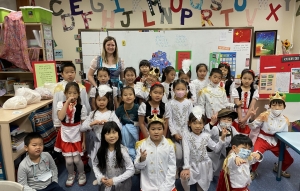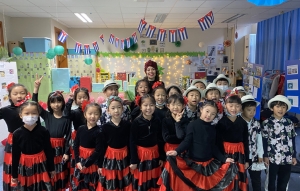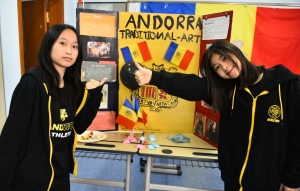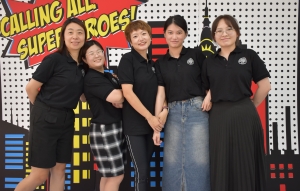Academics
Math Introduction
We aim to stay ahead of
the curve in all aspect of student development, however in the math
department we take things a step further. With rigorous course standards
and an accelerated curriculum, our students start one step ahead of the
rest and there are no limits to how far ahead they will finish.
Middle
School grade levels follow Math in Focus which is the U.S edition of
the Singapore’s top-ranking math program. It follows the pedagogical
framework that includes emphasizing concept mastery, a
concrete-to-pictorial-to-abstract approach, metacognitive reasoning, and
the use of model drawing to solve and justify problems.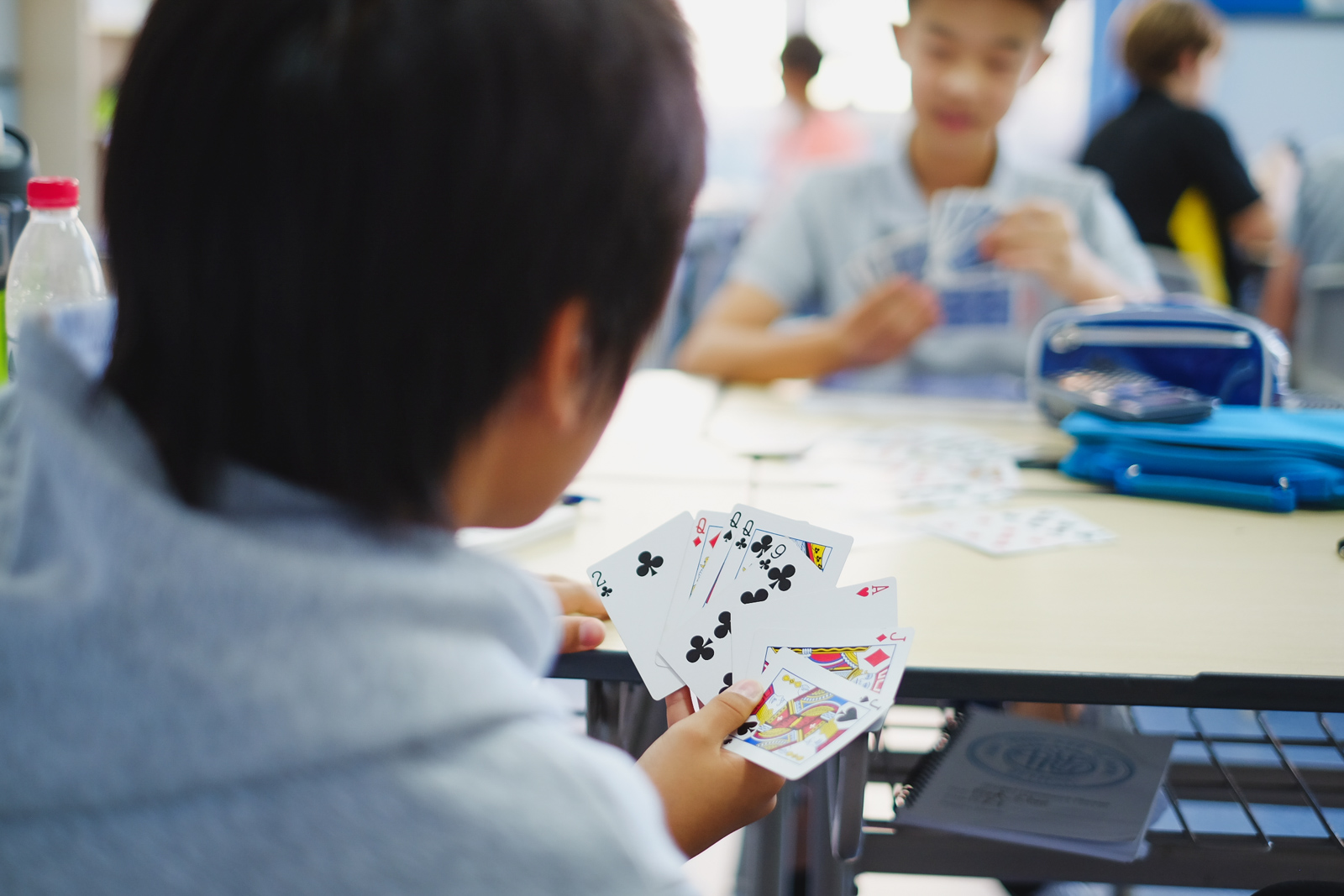
Course Learning Goals
Course Learning Goals
The goals for mathematics are to enable students to:
-Develop a positive attitude toward the continued learning of mathematics
-Appreciate
the usefulness, power and beauty of mathematics, and recognize its
relationship with other disciplines and with everyday life
-Appreciate the international dimensions of mathematics and its varied cultural and historical perspectives
-Gain knowledge and develop understanding of mathematical concepts
-Develop mathematical skills and apply them
-Develop the ability to communicate mathematics with appropriate symbols and language
-Develop the ability to reflect upon and evaluate the significance of their work and the work of others
-Develop patience and persistence when solving problems
-Develop and apply information and communication technology skills in the study of mathematics.
Analytical Geometry (Grade 9)
This course in Analytic Geometry is designed to meet the Georgia Standards of Excellence and integrates algebra and geometry to solve real-world problems. Students will explore geometric concepts through coordinate geometry, trigonometry, and algebraic relationships while extending their understanding of numbers, quadratic functions, and probability.
Trigonometry and Statistics (Grades 9)
This advanced course is designed for AP Diploma students seeking a strong foundation in trigonometry and statistics. Taught by two experienced instructors, the course emphasizes rigorous preparation for precalculus and statistics at the college level. Students will delve deep into the principles of trigonometry, mastering concepts such as trigonometric functions, identities, and equations. Additionally, the course will extensively cover statistical methods, including data analysis, probability, distributions, and hypothesis testing. Through a combination of theoretical lessons, problem-solving exercises, and real-world applications, students will develop critical thinking skills and mathematical proficiency essential for success in higher-level mathematics and related fields. By the end of the course, students will be well-equipped to tackle complex problems and excel in future mathematical endeavors.
Algebra II and Trigonometry (Grades 9-10)
Pre-Calculus (Grade 10-11)
This course is designed to cover topics in Algebra ranging from polynomial, rational, and exponential functions to conic sections. Trigonometry concepts such as the Law of Sines and Cosines will be introduced. Students will then begin analytic geometry and calculus concepts such as limits, derivatives, and integrals. This class is important for any student planning to take a college algebra or college pre-calculus class.
